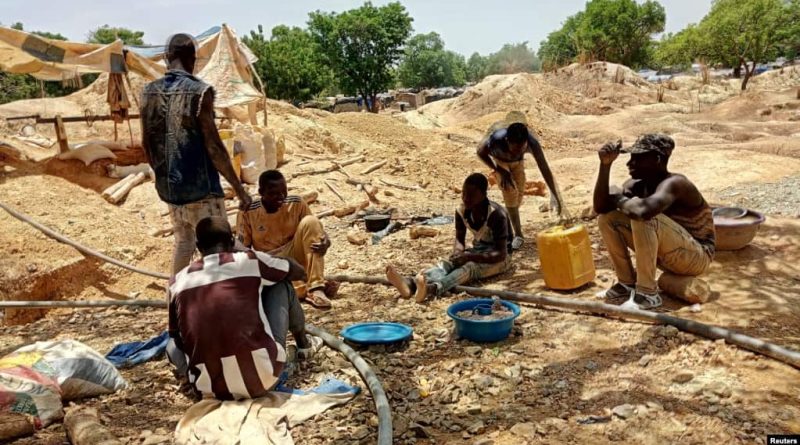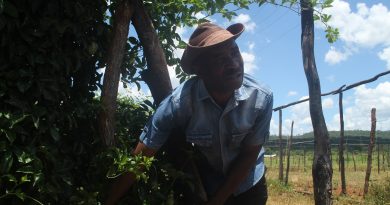African Mining Indaba puts small-scale artisanal mining sector under sharp focus
By William Milasi
The artisanal small-scale mining industry in Sub-Saharan Africa is going to be under sharp focus during the ongoing African Mining Indaba currently taking place in South Africa.
The ASM sector in Africa is generally characterised by serious chaos, a situation taking a toll on the environment.
Top of the agenda at this year’s mining Indaba is on sustainable management of the environment and the role which can be played by the mining and energy sectors towards transition to low-carbon energy economic future.
According to IndustriALL’s Tendai Makanza she acknowledges that the mining sector hugely influences the global productive economy’s transition to a low-carbon energy future through the much-needed minerals.
“Beyond mining and energy as significant sectors for the low-carbon energy transition, they are also identified as the panacea to the economic recovery agenda to the debilitating impact of the ongoing global COVID-19 pandemic. Most economies across the Sub-Sahara African (SSA) region heavily rely on extractive industries for (human) development. However, unmanaged and unregulated, these industries can have the most devastating impact on the environment and human development. However, combating climate change through achieving carbon neutrality will increasingly impact production industries and the workers they employ as production changes and consumption is targeted,” she said.
She added that for Sub-Saharan Africa mining development must be contextualised within the dual and enclave structure of the region where small-scale artisanal mining is not formalised.
“As such, zeroing in on small-scale artisanal mining – including the informal aspects should be central to transforming the mining sector. However, this sector has been bedevilled by conflict, corruption, violence and patronage, as well as environmental destruction. Often governments and the political elites have allowed for policy uncertainty and dissonance, which have resulted in policing brutality and rampant gang violence with impunity, notwithstanding the human rights violation in the sector,” she said.
Generally, figures on artisanal miners are often lumped with small-scale operators.
According to experts it is important to understand what motivates such miners or stops them from becoming formal small-scale miners as a step towards addressing the adverse consequences of artisanal mining.
On a regional scale in Africa an estimated 9 million artisanal and small-scale mining (ASM) operators and about 54 million are dependent on the activity.
ASM is the second largest employer after agriculture and employs 10 times more miners than the large-scale mining sector, producing 18% of Africa’s gold and almost all gemstones except diamonds.
Invariably, ASM has gained more prominence as a source of livelihood over time, with the number of miners quadrupling between 1999 and 2014.
“It has become increasingly crucial to separate AM from SM to find a responsive development framework. The nuances in ASM are critical for formulating actionable policies, and without proper recognition of these nuances, any blanket policies targeting ASM will be ineffective. Policymakers have to target artisanal or small-scale mining, each on merit. One reason they are lumped together may be due to the lack of credible or adequate data on artisanal mining due to its informality. However, informality notwithstanding, the significance of artisanal miners should not be overlooked by considering them merely part of small-scale mining,” Makanza said.
Meanwhile, the country’s top mine workers union the Zimbabwe Diamond and Allied Mineral Workers Union (Zdamwu) through its General Secretary Justice Chinhema is attending the event.
Speaking to this publication from South Africa Chinhema said the mining Indaba presents a great opportunity for mine workers in Zimbabwe.
“As Zdamwu this is an opportune moment for us to learn. We shall also be fully participating on behalf of IndustriAll in all the discussions which are going to take place. It is noteworthy to mention that workers need to be involved in the transitioning processes which is on the agenda. As a union we shall be copying how the transitioning shall work for our country looking at districts such as Hwange. We will also learn how workers can be involved. The issue also boils to small scale and artisanal miners and how they can be formalised. Therefore, this is a great platform for mine workers in Zimbabwe,” he said.




